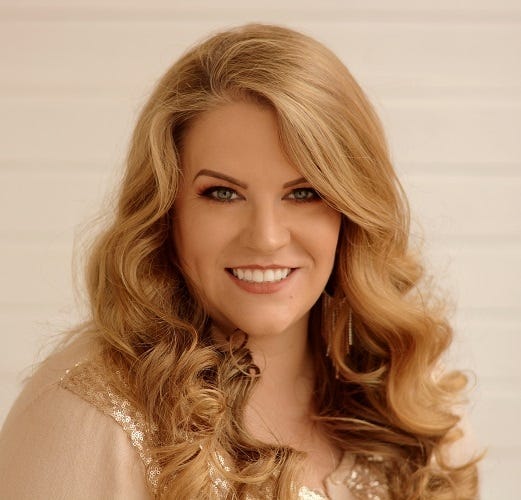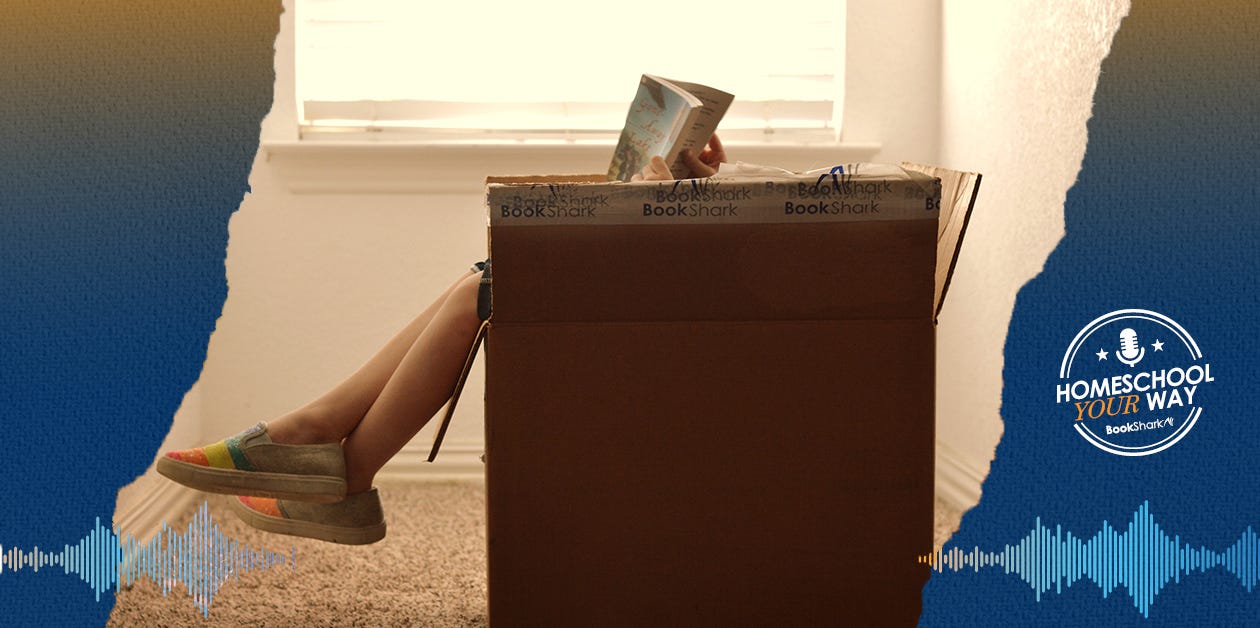Not Knowing the Answer Makes Me a Better Homeschool Parent
-
 By
Jennifer Vail
By
Jennifer Vail
- Mar 31, 2020

I hear this objection a lot: “I could never homeschool, I’m too bad at (insert any subject here)!” And I admit that in the beginning, I had this concern, too.
Accepting the sole responsibility for your child’s education is a heavy weight, yet there is a misunderstanding that we homeschool parents have to have it all figured out before we sit down with our first math manipulatives. We feel underqualified and insecure about the limitations of our own knowledge. We may feel sheepish about how often we zoned out during our own education or crammed for tests instead of truly absorbing the material. We think we can’t homeschool—or at least can’t do it well—because we don’t know everything.
But that seeming lack is precisely what makes us ideal as homeschoolers.
You Don’t Have to Teach Everything on the First Day
Just as you didn’t start kindergarten by mixing chemicals, solving algebraic equations, or writing 14-page research papers, you don’t have to know everything your child will ever learn on the first day of homeschool. You don’t even have to already know everything your child will learn that school year. To take it even further, you don’t even need to completely grasp a concept on the morning you first introduce it to your child.
Think back to when you were in driver’s education. You didn’t start the class by jumping into the driver’s seat of a powerful sports car and zipping down the highway in the rain, did you? Of course not! You first started with the basics. You learned about traffic laws, street signs, when to yield, and when to signal. Homeschooling is the same.
Don’t let the fear of advanced mathematics paralyze you when you consider homeschooling your elementary student. Don’t even let that fear stop you from educating your advanced or older students. You don’t have to know it all in the beginning in order to become a successful teacher.
You Can Learn As Much As You Teach
Whatever you don’t know, you can learn.
Just as your child is soaking up new information daily, so can you. There is no rule that says you can’t grow as fascinated by a topic or can’t find new passages to appreciate in novels you’ve already read. You can learn alongside your child which will actually help strengthen not only the bond between you but also your child’s understanding.
 When you bring a humble attitude and the heart of a curious learner to the table, your give your child a valuable gift! As he sees you learn, he is encouraged. As you learn, you are able to explain in ways that only someone newly privy can. You can be both student and teacher, creating an environment that embraces lifelong learning.
When you bring a humble attitude and the heart of a curious learner to the table, your give your child a valuable gift! As he sees you learn, he is encouraged. As you learn, you are able to explain in ways that only someone newly privy can. You can be both student and teacher, creating an environment that embraces lifelong learning.
Aren't sure about that? Read this Washington Post article Kids have an endless supply of questions, but answering might not help them learn. Here's a snippet:
"'Parents don’t need to know all the answers to kids’ questions. In fact, when we enable kids to follow their curiosities and interests, they learn much more,' says Diane Tavenner, author of Prepared: What Kids Need for a Fulfilled Life. 'As they learn more, they get better at learning and this becomes a virtuous cycle.'"
You Don’t Have to Be the Only Source of Information
Getting your child into the habit of seeking answers solely from you is not only exhausting, it’s detrimental.
We are not simply mouthpieces to spout information for our children to memorize. We are granted the privilege of facilitating learning by teaching our children how to learn. Kids are naturally curious and will always have questions. What happens when we aren’t around to answer their questions?
Instead, teach your child how to find the answers:
-
how to find reputable information from internet searches
-
how to use reference books
-
what treasures the the local library holds
-
how to distinguish fact from opinion and evaluate sources
-
how to find scientific research
-
how to glean entire ideas from living books
-
the importance of relying on multiple sources
Teach your child how to learn, and watch as they find the answers to their questions, gain deeper understanding, follow their interests, and develop a passion for learning that comes only from exploration and discovery.
Empowering your children is an enormous part of educating them. You don’t have to know everything in order to do this, you only have to be willing to learn alongside them.
About the Author

She stays up way too late and drinks way too much caffeine, but has no intention of changing either. She is the community manager and contributing author at Raising Lifelong Learners where she writes about homeschooling gifted, anxious, and otherwise different kiddos, but also rambles at This Undeserved Life from time to time. She feels compelled to mention that she still very much loves the Backstreet Boys and rarely folds her laundry.









